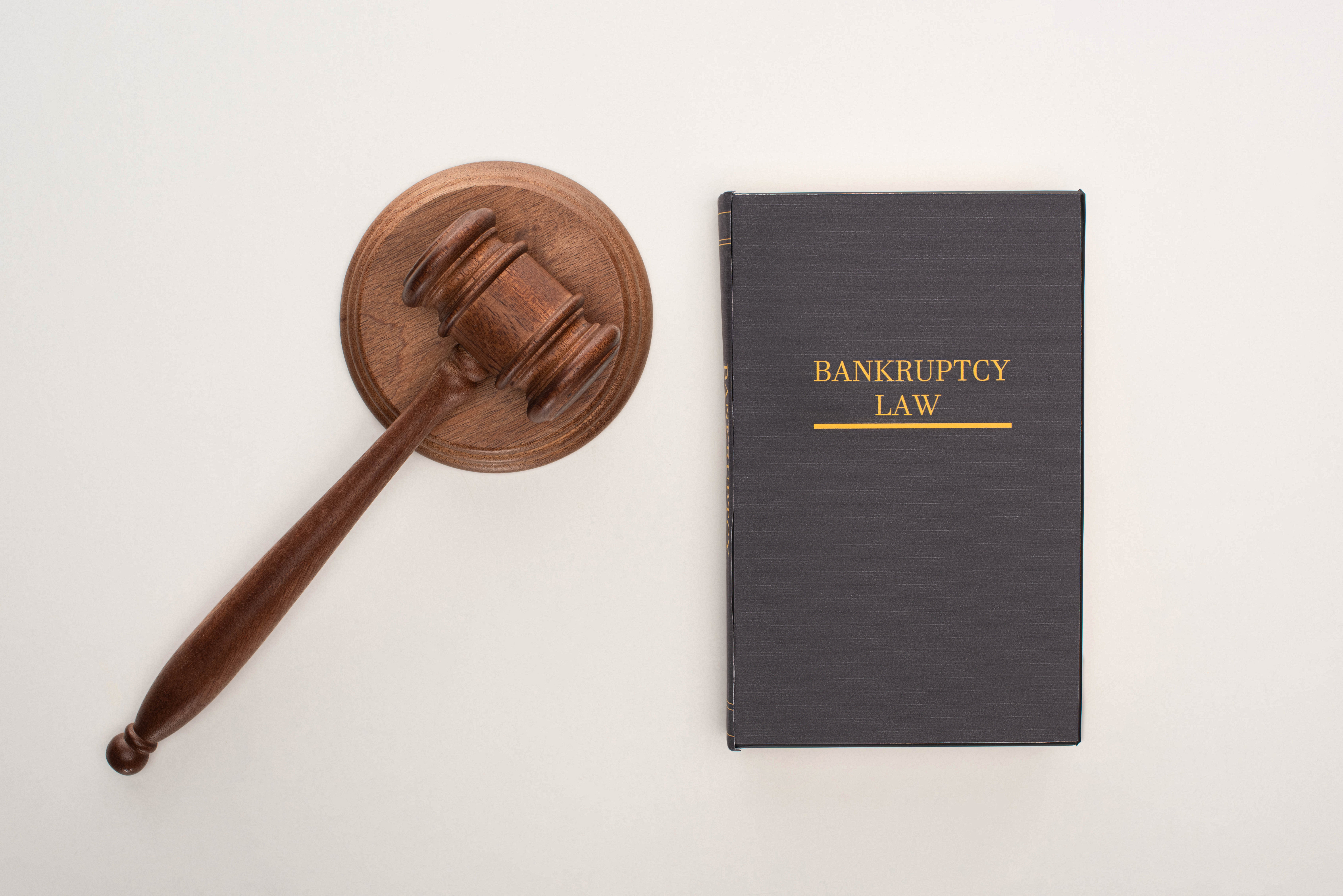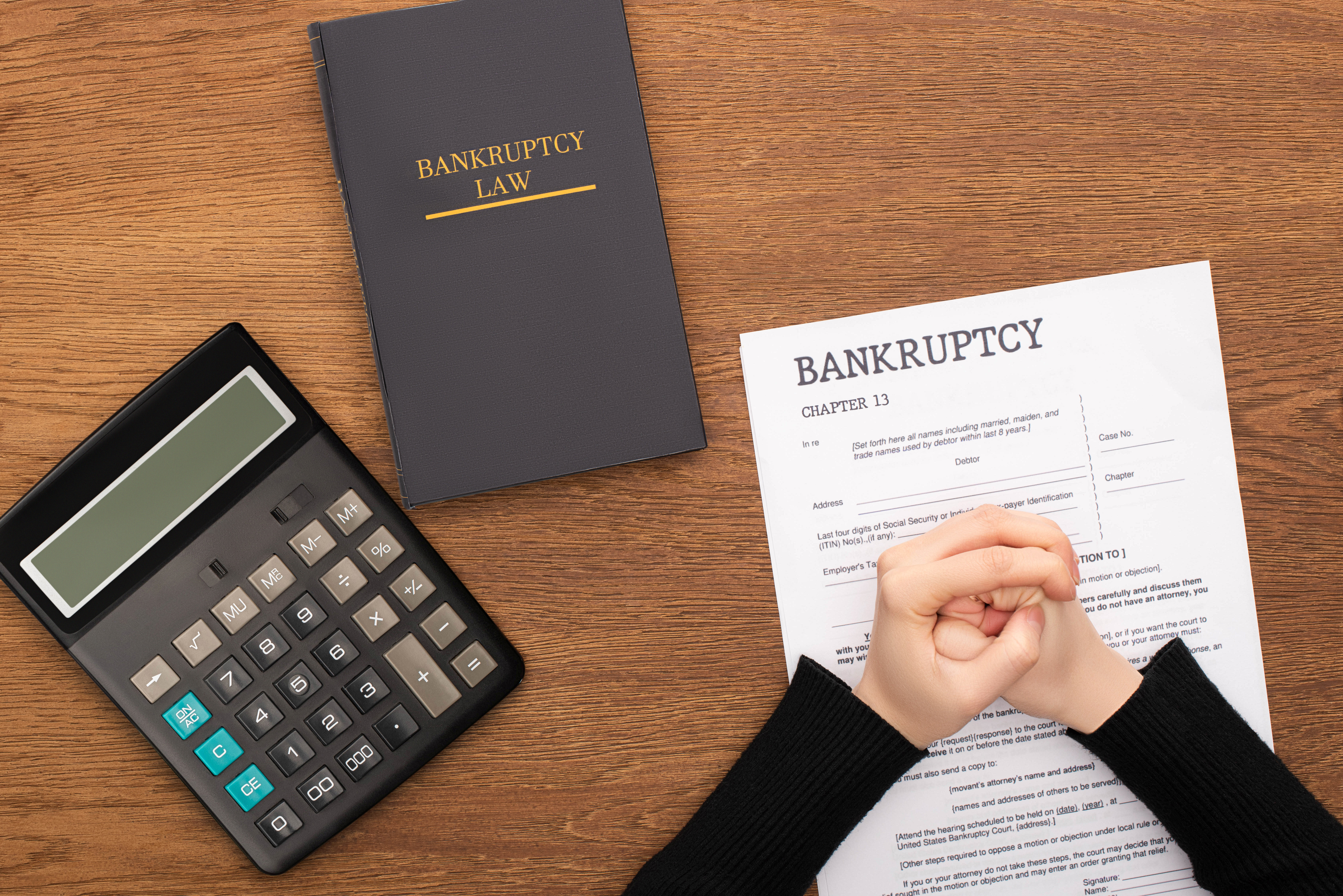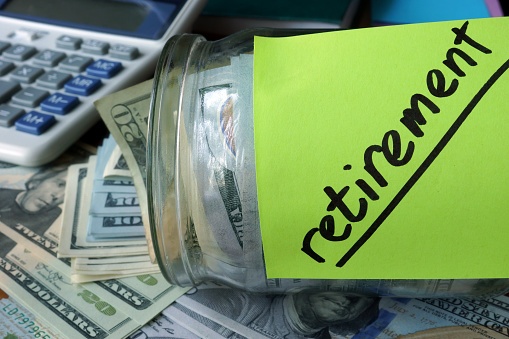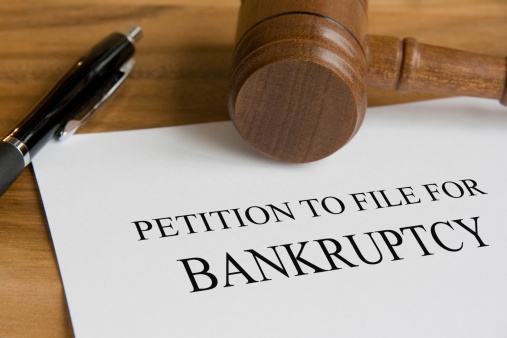Bankruptcy is often used by both individuals and businesses to “wipe the slate clean” and get out from often crippling amounts of debt. Most bankruptcies filed are done so voluntarily by the debtor....
Are you in the process of a Chapter 13 bankruptcy, but eager to start rebuilding your credit? Maybe you have been considering paying off your Chapter 13 plan early. Or maybe you have been thinking...
A bankruptcy petition is not meant to clog up the courts forever. A case can either be discharged or dismissed once it has been filed. With a discharge, a debtor has performed their obligations under...
Bankruptcy can be a difficult and overwhelming experience for individuals and businesses alike. While it provides a way to eliminate or restructure debt, it also has a significant impact on credit...
When filing for bankruptcy, one of the most critical issues that a debtor must address is how their property will be classified. Bankruptcy law divides property into two classifications: exempt and...
A creditor who wishes to recover money from a debtor in bankruptcy is required to file a “proof of claim” which is a written statement describing the reason for and amount of the debt allegedly owed...
The New Jersey Consumer Fraud Act (the Act) provides some of the broadest protections to consumers in the nation. The Act protects consumers from fraud in almost all aspects of sales and purchases,...
As we have previously discussed, certain debts are excepted from discharge, meaning a debtor will still be responsible for them after their bankruptcy is concluded. This includes debts incurred by...
Very often, bankruptcy is the next logical step in a person’s financial journey. However, misconceptions often surround bankruptcy with many people misunderstanding and, often, avoiding filing even...










